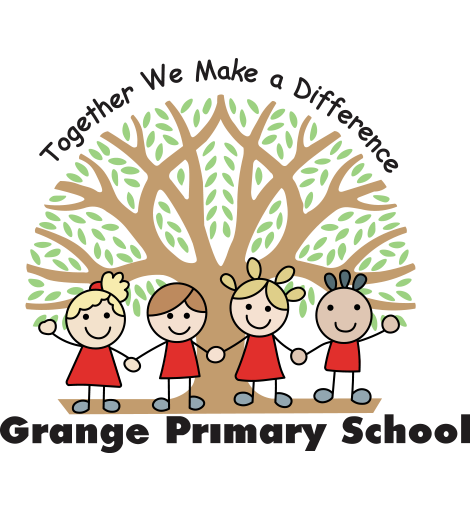Bullying
Grange PS Anti-Bullying Policy
What is bullying?
Bullying is behaviour by an individual or group, repeated over time, that intentionally hurts another individual or group either physically or emotionally.
In our school, we remember this by saying STOP Bullying:
Several Times On Purpose
Bullying can take many forms, including, but not limited to:
- Physical bullying
- Verbal / emotional bullying
- Cyberbullying
- Racist bullying
- Homophobic bullying
- Gender-based bullying
In school, we understand the difference between rude, mean and bullying behaviour.
|
Rude |
Mean |
Bullying |
|
|
|
Rights Respecting School
Our school is a Rights Respecting School, and as such our policies also reflect the UN Convention on the Rights of the Child. Therefore the following Articles are particularly relevant to this policy.
Article 12
Every child has the right to have a say in all matters affecting them, and to have their views taken seriously.
Article 14
Every child has the right to think and believe what they want and to practise their religion, as long as they are not stopping other people from enjoying their rights.
Article 28
Every child has the right to an education. Primary education must be free. Secondary education must be available for every child. Discipline in schools must respect children’s dignity.
Article 29
Education must develop every child’s personality, talents and abilities to the full. It must encourage the child’s respect for human rights, as well as respect for their parents, their own and other cultures, and the environment.
Article 30
Every child has the right to learn and use the language, customs and religion of their family, regardless of whether these are shared by the majority of the people in the country where they live.
